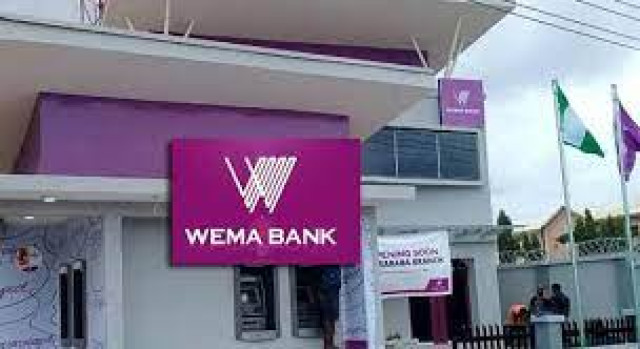Wema Bank in partnership with the Federal Government of Nigeria has announced the beginning of the second edition of FGN-ALAT Digital Skill.
The FGN-ALAT Digital Skillnovation Programme is an initiative spearheaded by Wema Bank in partnership with the Federal Government of Nigeria, to train and equip 2,000,000 youth and 1,000,000 MSMEs across Nigeria with digital skills for sustainable success.
Wema Bank’s Executive Director of Retail and Digital Business, Tunde Mabawonku, said on Thursday that cohort 2, which begins in the second quarter of 2024, will transition to physical training sessions. The curriculum will cover key digital skills, including software engineering, product management, business analysis, cloud computing and product design, among others.
Mabawonku said: “We are unwavering in our commitment to supporting MSMEs and with the FGN-ALAT Digital Skillnovation Programme, it is all about the bigger picture which is why we have partnered with the Federal Government of Nigeria to augment the scale of this programme’s impact.
“By tailoring this programme to suit the needs of both entrepreneurial-minded and professionally inclined Nigerians, we are not just arming SMEs for more efficient business management and growth, we are also equipping Nigeria’s workforce for increased productivity and the ripple effect will not only create more viable employment opportunities for Nigerians towards reduced unemployment and underemployment rates but further drive economic growth and national development, boosting Nigeria’s position on the global playing field.
“The digital revolution is moving sporadically and by empowering our youth and MSMEs with in-demand digital skills, we are ensuring that Nigeria is not left behind as the world evolves.”
He revealed that since the launch of the first phase of the FGN-ALAT Digital Skillnovation Programme in 2023, over 300,000 Nigerian Youth and business owners have leveraged the platform as a launchpad for their business and career success.
Rocketparrot reports that the cohort featured 100 per cent virtual learning sessions through which participants from the 36 states in Nigeria and the Federal Capital Territory were provided with self-paced online learning experiences.




















